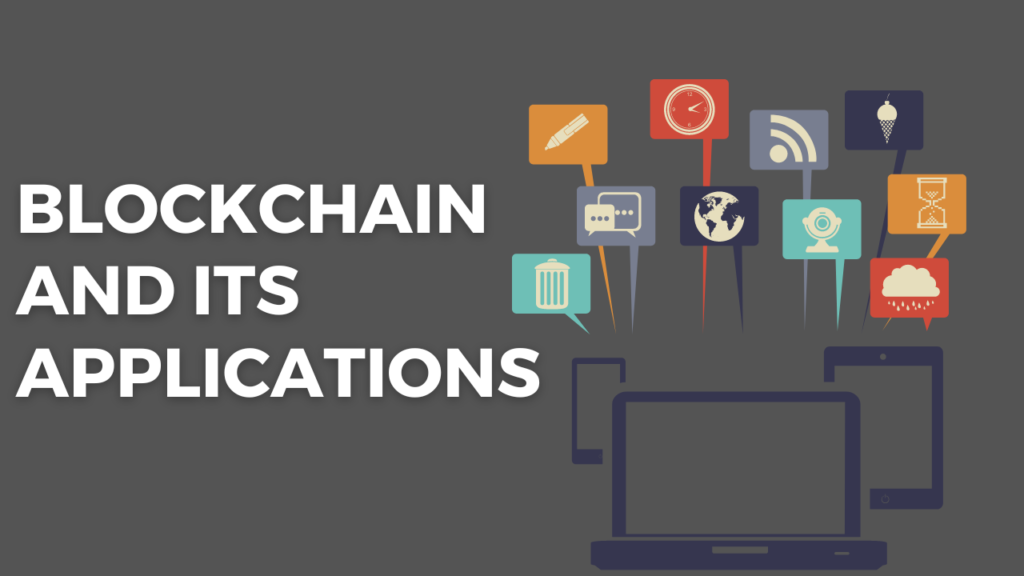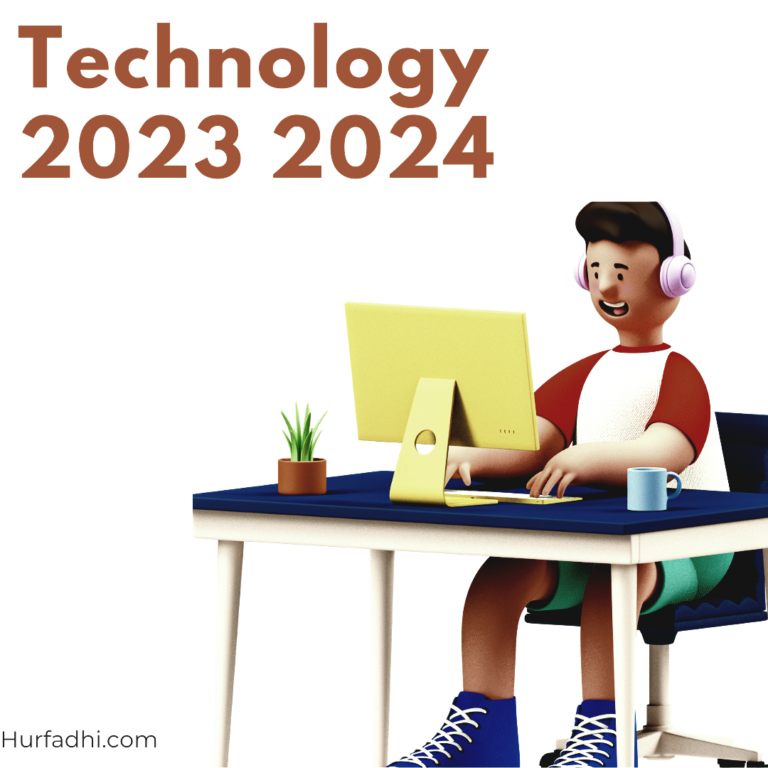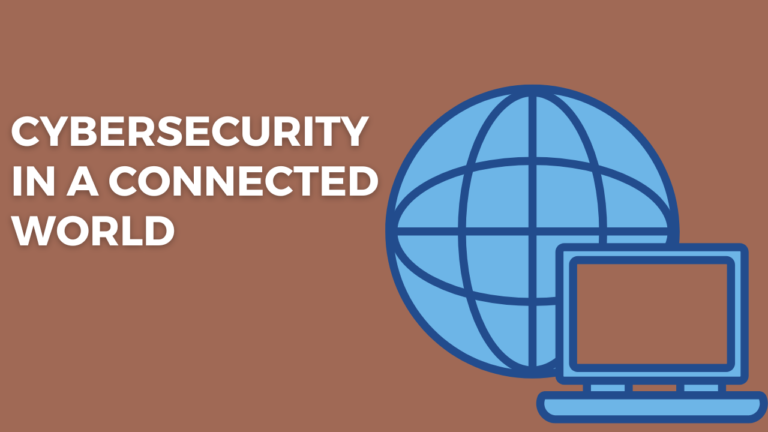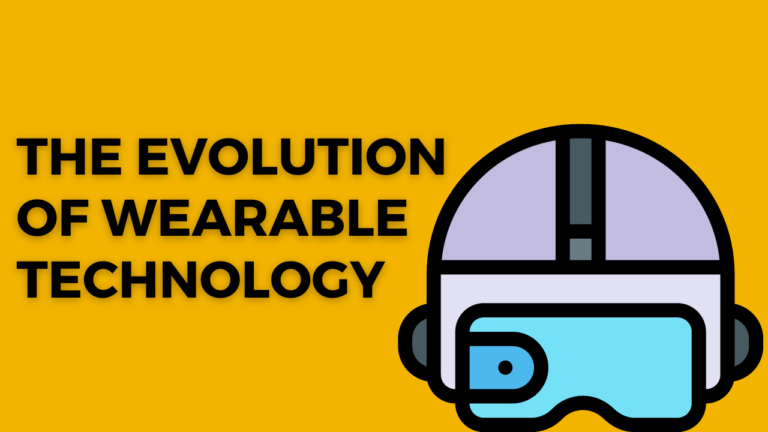Blockchain and its Applications

Blockchain is a decentralized and distributed digital ledger technology that enables the secure recording and verification of transactions across a network of computers. It operates as a chain of blocks, where each block contains a set of transactions. Once a block is added to the chain, it becomes difficult to alter, ensuring the integrity and immutability of the recorded data. This technology gained prominence with the rise of cryptocurrencies like Bitcoin, but its applications extend far beyond just digital currencies. Here are some of the key applications of blockchain:
- Cryptocurrencies and Digital Assets: The most well-known application of blockchain is cryptocurrencies like Bitcoin, which use blockchain to enable secure, peer-to-peer transactions without the need for intermediaries like banks. Other cryptocurrencies, often referred to as altcoins, have also emerged with different features and use cases.
- Supply Chain Management: Blockchain can be used to track and verify the movement of goods along the supply chain. It enhances transparency by allowing participants to record and access information about the origin, manufacturing, and transportation of products. This helps in preventing fraud, ensuring authenticity, and improving efficiency.
- Smart Contracts: Smart contracts are self-executing contracts with the terms of the agreement directly written into code. When predefined conditions are met, the contract automatically executes, eliminating the need for intermediaries. This finds applications in various industries, including real estate, insurance, and legal agreements.
- Identity Verification: Blockchain can provide a secure and tamper-proof way to manage digital identities. Individuals can have control over their personal data and share it with trusted parties without the need for centralized identity management systems.
- Voting Systems: Blockchain-based voting systems can enhance the security and transparency of elections. Each vote is recorded on the blockchain, ensuring immutability and reducing the risk of fraud.
- Healthcare: Blockchain can facilitate secure and interoperable sharing of healthcare data among different providers while maintaining patient privacy. Patients can have better control over their medical records and grant access to specific parties.
- Financial Services: Beyond cryptocurrencies, blockchain is being explored in traditional financial services. It can streamline cross-border payments, reduce transaction costs, and improve the efficiency of securities trading and settlement.
- Intellectual Property Protection: Blockchain can be used to establish proof of ownership and creation of intellectual property, such as patents and copyrights. This helps in reducing disputes and ensuring proper attribution.
- Real Estate: Blockchain can digitize and streamline real estate transactions, making the buying, selling, and transferring of property more efficient and transparent.
- Energy and Utilities: Blockchain can enable peer-to-peer energy trading, where individuals can buy and sell excess energy generated by renewable sources directly to others in their community, reducing reliance on centralized energy providers.
- Charity and Donations: Blockchain can enhance transparency in charitable donations by tracking how funds are being used and ensuring they reach the intended beneficiaries.
- Digital Voting and Governance: Blockchain-based systems can be used for decision-making in decentralized organizations, allowing participants to vote on proposals and changes transparently.
These applications showcase the versatility and potential of blockchain technology to disrupt and improve various industries. However, it’s important to note that while blockchain offers benefits like transparency and security, it also comes with challenges such as scalability, energy consumption (proof-of-work-based blockchains), and regulatory considerations. The choice of blockchain platform and consensus mechanism depends on the specific requirements of each application.
Blockchain is a decentralized and distributed digital ledger technology that records transactions across multiple computers in a way that ensures transparency, security, and immutability. Each transaction is grouped into a “block,” and these blocks are linked together in chronological order, forming a “chain” of blocks, hence the name “blockchain.” It was initially introduced as the underlying technology for the cryptocurrency Bitcoin, but its potential applications extend far beyond just cryptocurrencies. Here are some key applications of blockchain technology:
- Cryptocurrencies and Digital Assets: The most well-known application of blockchain is its use as the underlying technology for cryptocurrencies like Bitcoin, Ethereum, and many others. Blockchain ensures secure and transparent peer-to-peer transactions without the need for intermediaries like banks.
- Supply Chain Management: Blockchain can enhance supply chain transparency by providing an immutable record of each step in the supply chain process. This helps in tracking the origin, journey, and authenticity of products, reducing fraud, and ensuring ethical sourcing.
- Smart Contracts: Smart contracts are self-executing contracts with the terms directly written into code. They automatically execute and enforce the terms when predefined conditions are met. Ethereum introduced this concept, allowing for a wide range of automated processes and transactions without intermediaries.
- Identity Management: Blockchain can provide a secure and tamper-proof way of managing digital identities. Individuals can control their own identity information, reducing the risks associated with centralized identity systems.
- Voting Systems: Blockchain-based voting systems offer secure and transparent elections by providing an immutable record of votes. This can help reduce voter fraud and increase trust in the electoral process.
- Healthcare: Blockchain can improve the security and interoperability of electronic health records (EHRs) by providing patients and healthcare providers with secure access to a patient’s medical history while maintaining privacy and control over the data.
- Financial Services: Beyond cryptocurrencies, blockchain can optimize various financial processes such as cross-border payments, remittances, trade finance, and settlement systems, reducing transaction times and costs.
- Real Estate: Blockchain can streamline property transactions by providing a transparent and tamper-proof record of ownership history, reducing the potential for disputes and fraud.
- Intellectual Property: Blockchain can help artists, musicians, and content creators protect their intellectual property rights by establishing a timestamped record of creation and ownership.
- IoT (Internet of Things): Blockchain can enhance the security and interoperability of IoT devices by providing a decentralized and tamper-proof network for communication and data exchange.
- Energy Management: Blockchain can be used to create peer-to-peer energy trading systems, allowing individuals with solar panels to sell excess energy directly to neighbors, creating a decentralized energy marketplace.
- Charity and Donations: Blockchain can increase transparency in charitable donations by providing a traceable record of how funds are used and ensuring that donations reach their intended beneficiaries.
These are just a few examples of how blockchain technology is being applied across various industries. However, it’s important to note that while blockchain offers significant benefits, it’s not a solution for every problem. Factors like scalability, energy consumption, regulatory challenges, and integration with existing systems need to be carefully considered when implementing blockchain solutions.



